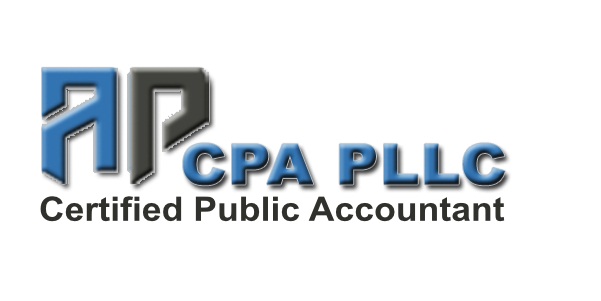Payroll tax reporting is a complex subject and, if not done correctly, opens your business to a host of penalties. Generally, employees are paid at a set rate, either on an hourly or salary basis. In the United States, employers are obligated to pay social security, medicare, workman’s compensation, state, federal, and often local taxes for each employee. An employer also must deduct a portion of these taxes and other fees from the employees’ paycheck, and all of these transactions must be recorded for auditing and tax purposes.
A payroll service encompasses all of these functions independently, freeing up the business owner’s time for more important matters. Once an account is established, the employer simply provides the payroll service with a list of all employees, the hours they worked, and any variances. This data is then processed and the funds are transferred from the employer’s bank to the payroll service’s account. Employees are paid either by standard check or direct deposit. The employer is then provided with payroll and tax reports.

Payroll taxes are the state and federal taxes that you, as an employer, are required to withhold and/or to pay on behalf of your employees. You are required to withhold state and federal income taxes as well as social security and Medicare taxes from your employees’ wages. You are also required to pay a matching amount of social security and Medicare taxes for your employees and to pay State and Federal unemployment tax. Have each new employee complete IRS form W-4. You will use this form to calculate the amount of federal income tax to withhold from the employee’s wages. Most of the states have income tax structures that are based on the federal system, so you will use the W-4 to calculate the amount of state income tax to withhold as well.


